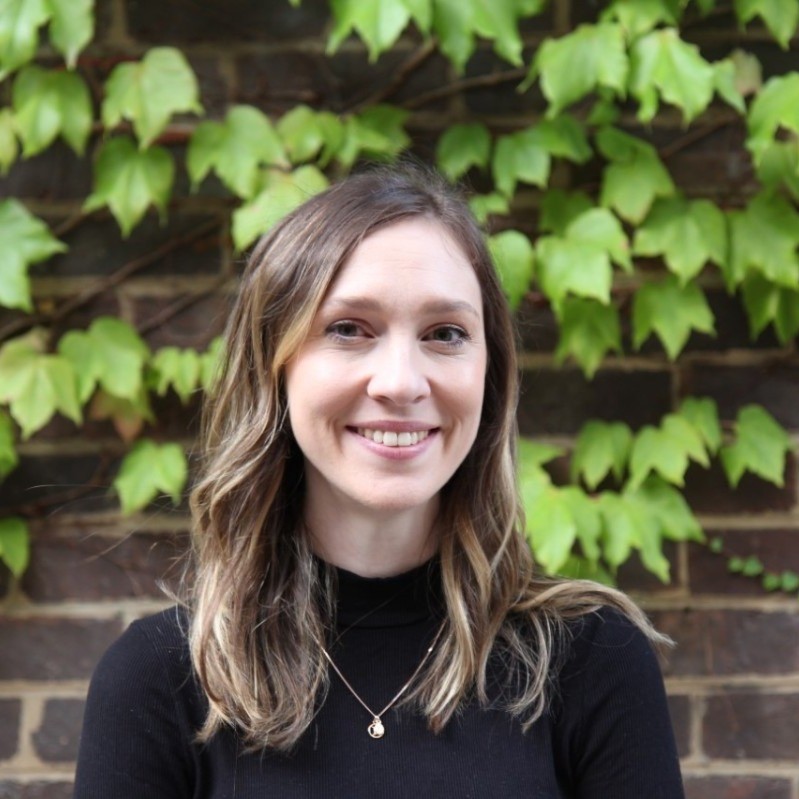ANZSOC is thrilled to share this reflective piece from Dr Gemma Hamilton, detailing the progress of her DECRA project. We wish Gemma the best of luck as she continues this important work, and look forward to hearing more.
My DECRA project is entitled, ‘Sexual Offence Interviewing: Towards Victim-Survivor Well-Being and Justice.’ This project aims to elevate the voices of Australian adult victim-survivors of sexual violence and draw on their lived experience of police interviews to better understand effective investigative interview techniques and practises. To date, the field of investigative interviewing has tended to prioritise the perspectives of police and professional stakeholders in understandings of effective interview techniques. There is minimal research that has directly asked victim-survivors about their perceptions of interview protocols and techniques, and which techniques have the potential to promote or hinder interviewee well-being during a sexual offence investigation. This is important if we want to encourage interview practices that can support victims and avoid contributing to secondary trauma.
I am about six months into the project and the research journey has been incredibly rewarding so far. The first stage of the project has involved qualitative interviews with victim-survivors of sexual violence from across Australia. At first, I thought it might be difficult to recruit participants, but people have been so generous with their time and insights. I am incredibly grateful to the people and organisations that have circulated the project flyers and the victim-survivor participants for volunteering their time and expressing their interest in the project. The content of the research interviews can be difficult sometimes, but it is always a real privilege to listen to victims’ experiences and work with them to effect change in the future.
The next steps of the project will involve a larger survey of victim-survivors, and the development of some victim-centred training resources. My hope is that the project’s findings will help to improve police interviewing practises in sexual offence cases, but also investigative interviewing in other contexts too (e.g., university investigations, workplace investigations, alternative reporting forms). I recognise that the project’s focus is only one piece of the puzzle, and we need to continue focusing on the prevention of sexual violence altogether. Working on this research has also been inspiring other ideas of how to support victim-survivors both inside and outside of the criminal justice system, so I look forward to sharing the ideas and findings as they evolve.

